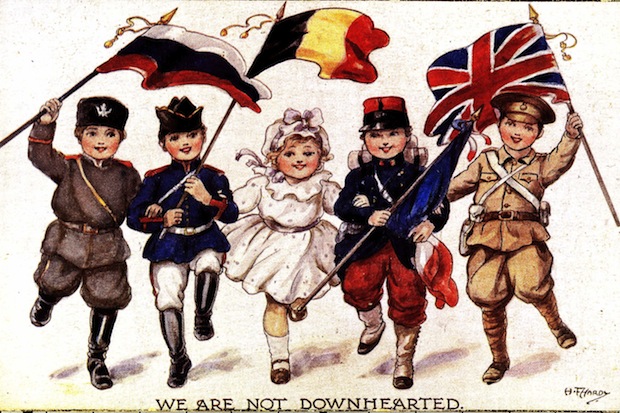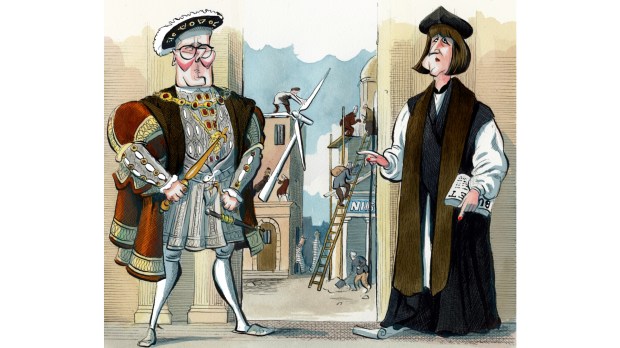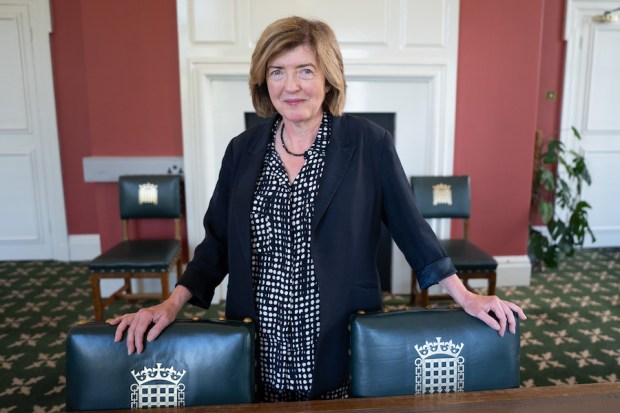Back in the 1960s, the producers of the Tonight programme had a running joke for linking the show’s segments. They would use lines like: ‘And that item commemorated the 23rd anniversary of….’ Or: ‘On Tuesday Mr Jones would have been 73.’ There is something about anniversaries, however audaciously crowbarred in, that always gives the illusion of order amid the chaos and relevance among the accidental.
Already a subscriber? Log in
Subscribe for just $2 a week
Try a month of The Spectator Australia absolutely free and without commitment. Not only that but – if you choose to continue – you’ll pay just $2 a week for your first year.
- Unlimited access to spectator.com.au and app
- The weekly edition on the Spectator Australia app
- Spectator podcasts and newsletters
- Full access to spectator.co.uk
Unlock this article
Douglas Murray, is an associate director of the Henry Jackson Society, and blogs regularly at spectator.co.uk/douglasmurray
You might disagree with half of it, but you’ll enjoy reading all of it. Try your first month for free, then just $2 a week for the remainder of your first year.














Comments
Don't miss out
Join the conversation with other Spectator Australia readers. Subscribe to leave a comment.
SUBSCRIBEAlready a subscriber? Log in